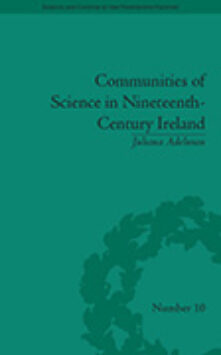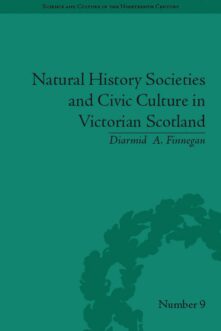Science / History
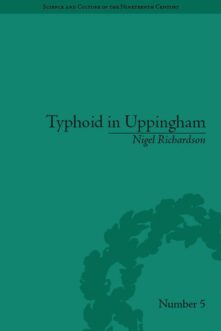
Typhoid in Uppingham
Analysis of a Victorian Town and School in Crisis, 1875–1877
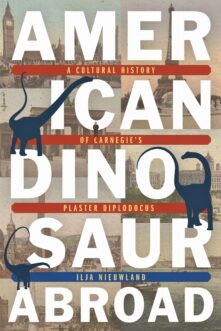
American Dinosaur Abroad
A Cultural History of Carnegie's Plaster Diplodocus
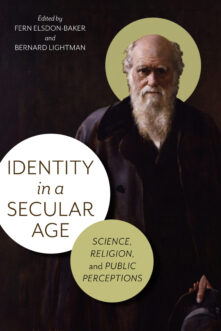
Identity in a Secular Age
Science, Religion, and Public Perceptions
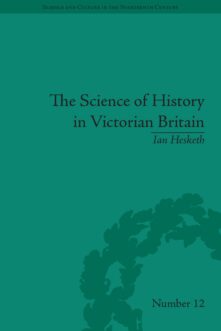
The Science of History in Victorian Britain
Making the Past Speak
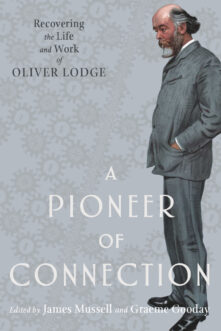
A Pioneer of Connection
Recovering the Life and Work of Oliver Lodge
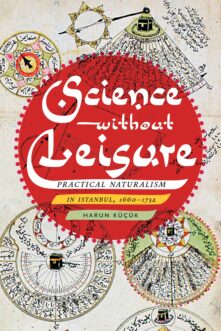
Science without Leisure
Practical Naturalism in Istanbul, 1660-1732
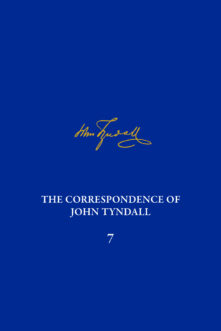
Correspondence of John Tyndall, Volume 7, The
The Correspondence, March 1859-May 1862
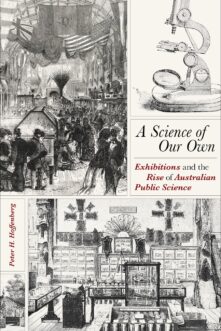
A Science of Our Own
Exhibitions and the Rise of Australian Public Science
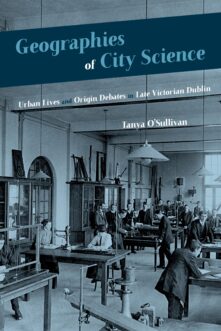
Geographies of City Science
Urban Lives and Origin Debates in Late Victorian Dublin
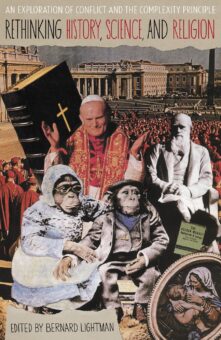
Rethinking History, Science, and Religion
An Exploration of Conflict and the Complexity Principle
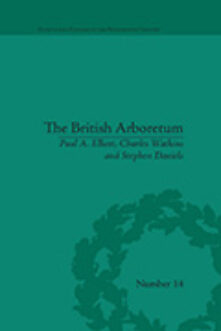
The British Arboretum
Trees, Science and Culture in the Nineteenth Century
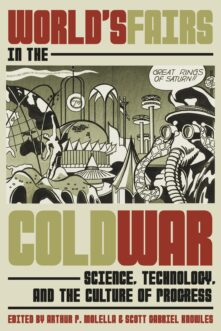
World’s Fairs in the Cold War
Science, Technology, and the Culture of Progress
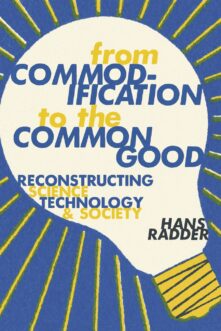
From Commodification to the Common Good
Reconstructing Science, Technology, and Society
Total 138 results found.


